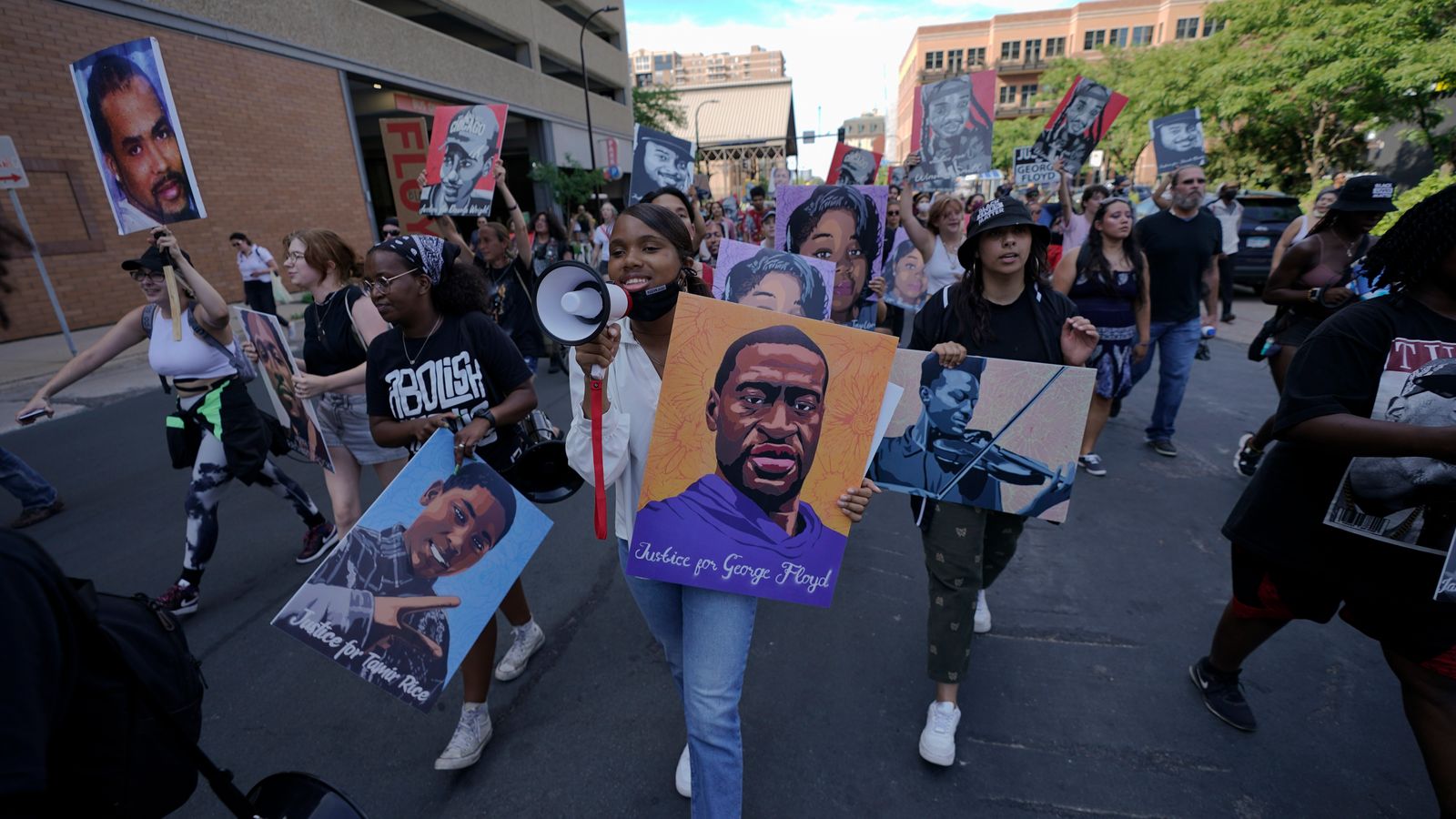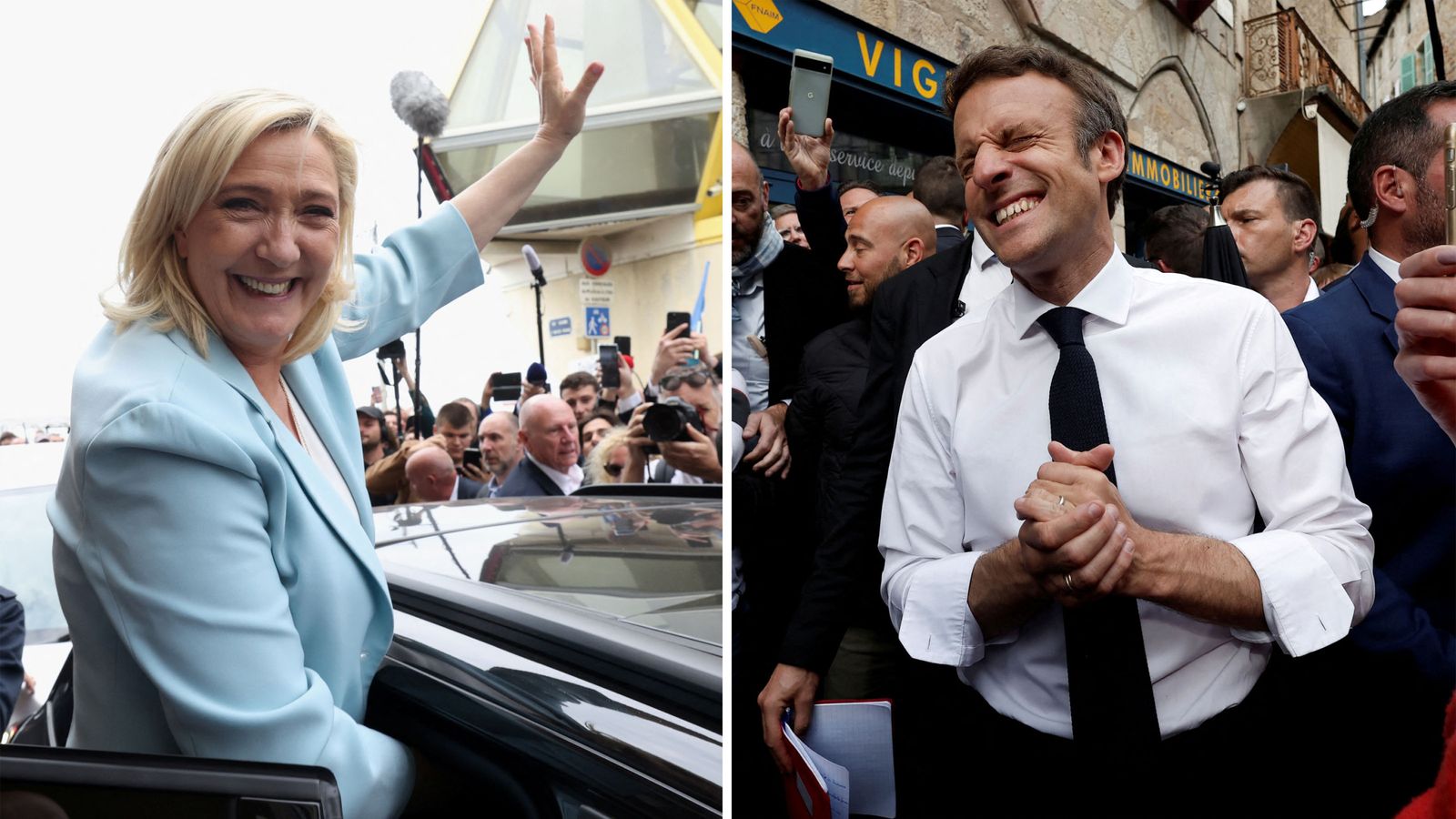The Minneapolis Police Department shows “significant racial disparities” and runs surveillance on black people and black organisations “unrelated to criminal activity”, a major report has found.
The Minnesota Department of Human Rights began its two-year investigation shortly after George Floyd was killed by serving police officer Derek Chauvin on 25 May 2020. Chauvin knelt on Mr Floyd’s neck for almost nine minutes.
The report said police department data “demonstrates significant racial disparities with respect to officers’ use of force, traffic stops, searches, citations, and arrests”.
It also found that officers “used covert social media to surveil black individuals and black organisations, unrelated to criminal activity, and maintain an organizational culture where some officers and supervisors use racist, misogynistic, and disrespectful language with impunity”.
Oversight structures were “ineffective” and a lack of training reinforced a culture that was “averse to accountability and not supportive for officers”.
And city and police leaders did not act quickly enough to “address well-known racial disparities”.
The problems discovered during the investigation “weaken the city’s public safety system and harm community members”, the report added.
“Race-based policing is unlawful and especially harms people of colour and indigenous individuals – sometimes costing community members their lives,” the document continued.
The investigation is “not about one individual or one incident”, Human Rights Commissioner Rebecca Lucero said.
No officers or city leaders are singled out, but several steps the city can take immediately were suggested.
They are:
In a separate investigation, the US Department of Justice is looking into policing practices in Minneapolis, but is not thought to be close to a conclusion.
Some members of the city council, along with residents, have suggested the police department be replaced with a new public safety unit, but voters rejected the idea last year.
Please use Chrome browser for a more accessible video player
Mayor Jacob Frey and Police Chief Medaria Arradondo, prior to his retirement in January, made a number of changes to departmental policies and practices.
They included requiring officers to document their attempts to de-escalate situations, and no longer stopping motorists for minor traffic violations.
However, there was further controversy in February when police officers serving a “no-knock warrant” shot and killed a 22-year-old black man, Amir Locke, who was staying on a couch in his cousin’s apartment.
Prosecutors said body camera video showed Mr Locke pointing a gun at the officer – a claim his family disputed – and declined to charge the officer.
Minneapolis has since banned no-knock warrants except in the most extreme circumstances, such as a hostage situation.








